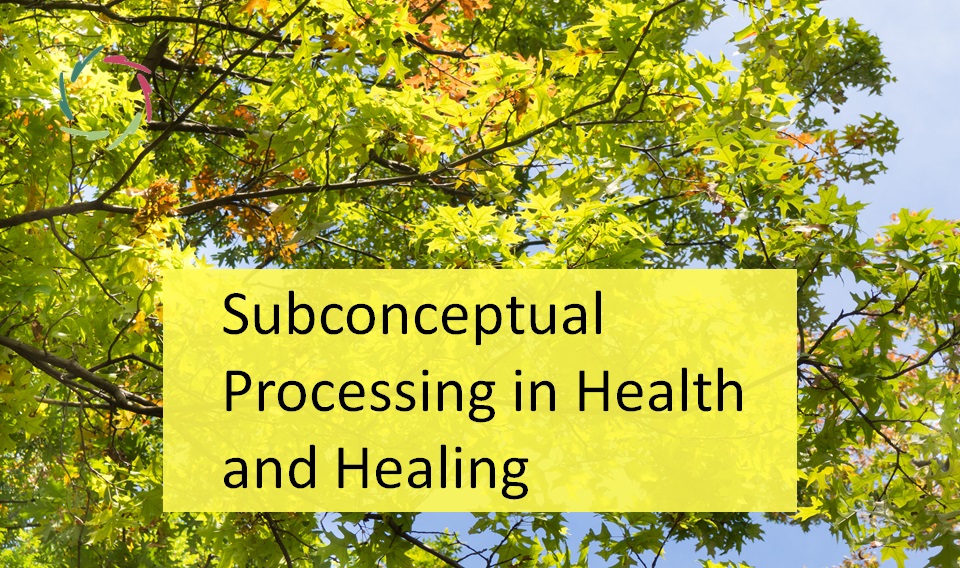Subconceptual Drives Conceptual

Nothing falls into mind purely conceptually. That would be magic, and we don’t believe in that. Fortunately, subconceptual processing clarifies many things about what happens in the human mind.
Decision making
We think we know (consciously) what we want — before and after making (conscious) decisions about the same.
We don’t.
Let’s take what happens in three takes:
- We (consciously?) decide something and then (consciously?) carry it out.
- Actually, once a (conscious?) decision is taken, the subconscious/subconceptual does what is needed to carry things out.
- Actually, the decision itself is also taken subconsciously/subconceptually.
Moreover, since the decision is taken before we become consciously aware of it, it can also drive conscious awareness.
Which it does.
What consciousness does
‘Consciousness’ is the degree to which decisions are made with conceptual flavor and in self-reference.
Therefore, it can be seen as a feature of subconceptual processing.
To some degree, we can pragmatically work with it as if it were something separate. Yet, please take it with good measure.
Subconceptual drives conceptual
Without this insight, people don’t understand themselves nor each other.
This (lack of insight) is not just a minor issue. It carries hugely damaging consequences. As a result, people continually misunderstand and make the wrong decisions — even ones that they don’t like by far.
Let the subconceptual reign.
This doesn’t mean chaos — on the contrary.
The trick is to see through it: ‘You’ is not the conscious part of yourself. It’s the total ‘you,’ the total self that is in action each time you mention or think of ‘you.’ This way, working with ‘total you’ doesn’t diminish any control. It just changes what it is to have control, to be in control of yourself. It changes your you-idea, not your you.
Then again, it changes how you can be you — in short, how you can ‘be.’
Embracing your total self for personal growth
Recognizing the role of the subconceptual in your decisions invites you to engage more deeply with your inner self. This fosters a Compassionate relationship with yourself, enhancing your ability to align your choices with your core values and needs.
It encourages an authentic growth process that integrates your conceptual understanding with the wisdom of your subconceptual experiences.
Practical applications
By becoming aware of the subconceptual influences in everyday life, you can better manage emotions and make decisions that truly resonate with who you are. For example, understanding these dynamics can help navigate complex emotional landscapes at work or in relationships, leading to choices that are rational and fulfilling.
It makes you more prone to be rational and value depth, both at the same time and integrated.
It makes you more prone to Compassion.


